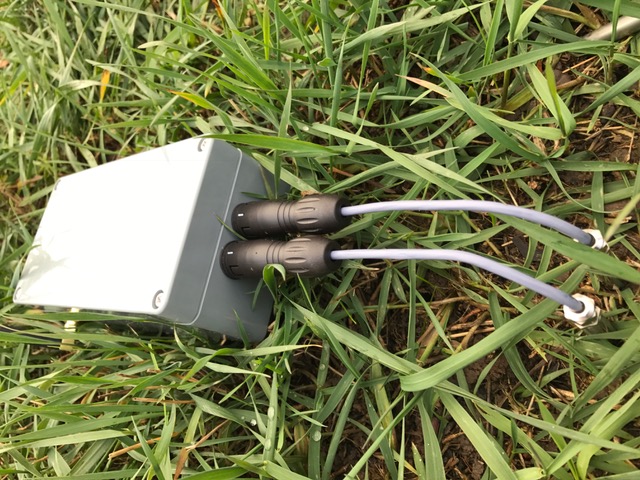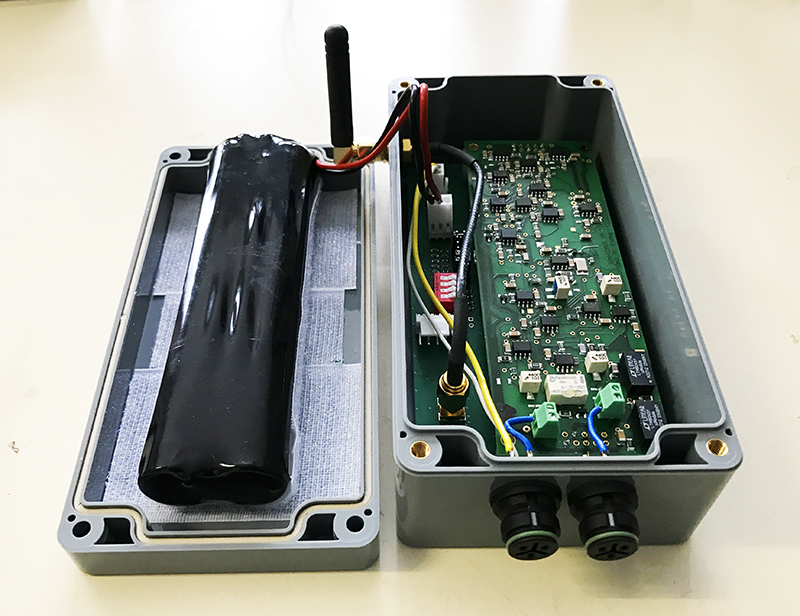A new autonomous sensor to continuously measure the humidity and conductivity of a porous medium
In a paper published on May 11th, 2017 in the scientific journal Sensors, a team of researchers from the Institut de Physique du Globe de Paris present a new field sensor capable of continuously monitoring in situ the humidity, conductivity and temperature of a porous medium such as soil.

Autonomous sensor continuously measuring the humidity and conductivity of a porous medium
Publication date: 24/08/2017
Press, Research
Related teams :
Geological Fluid Dynamics
Related themes : Earth System Science








